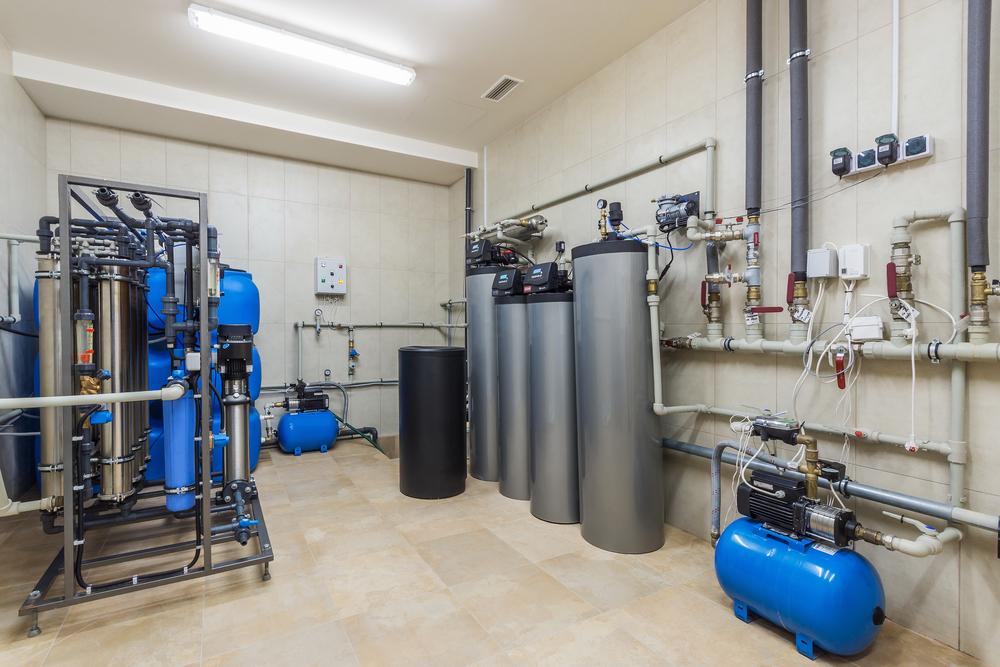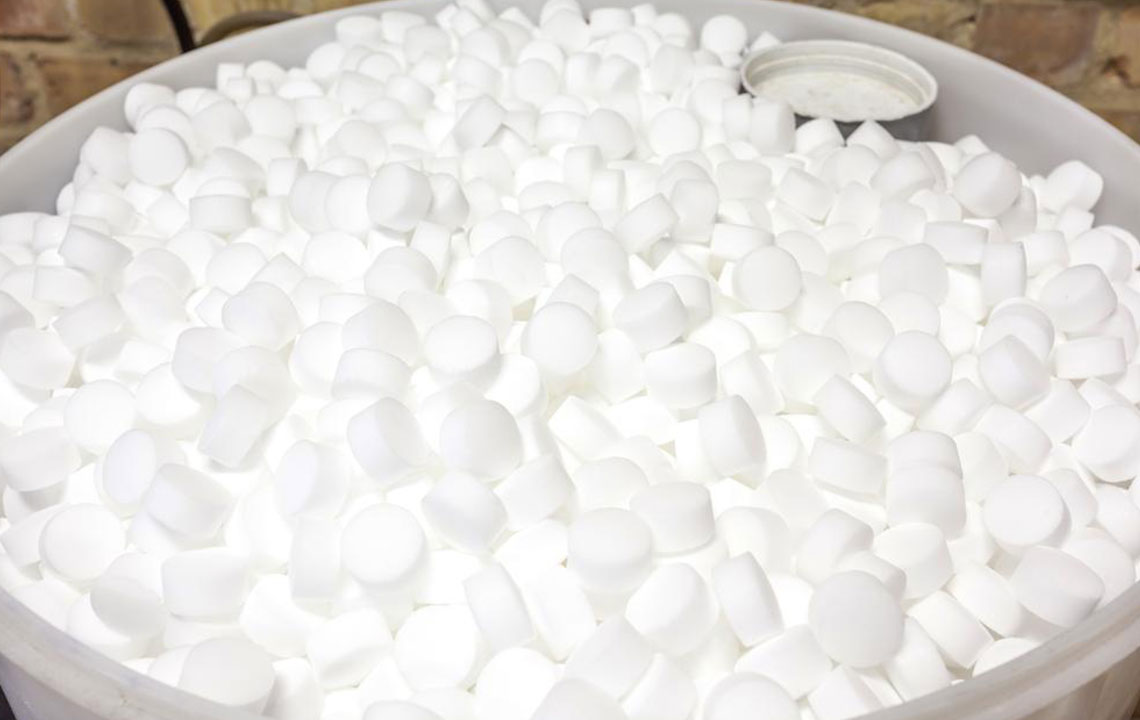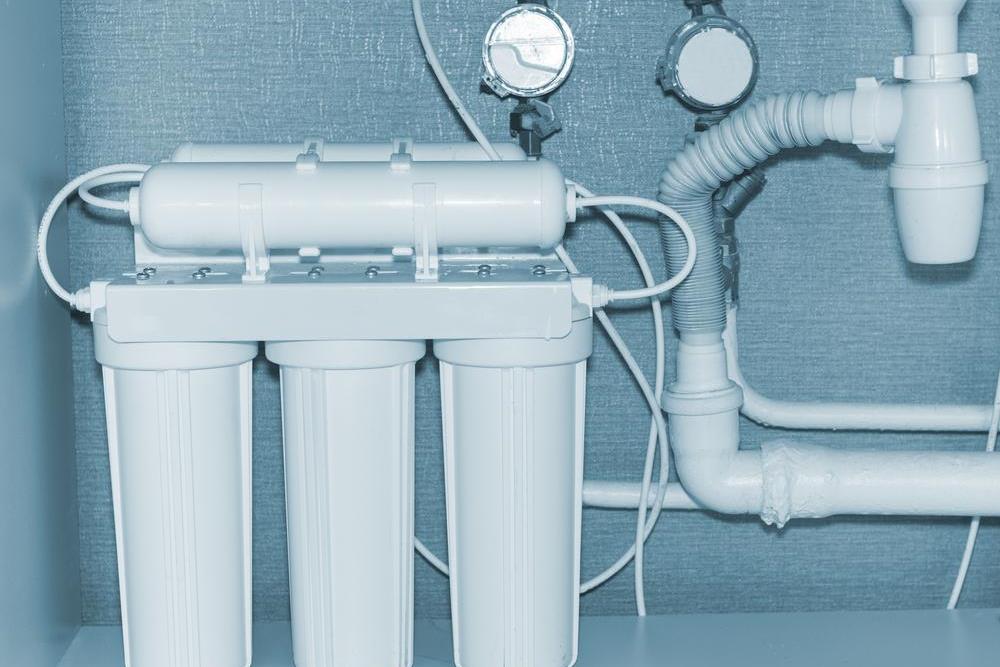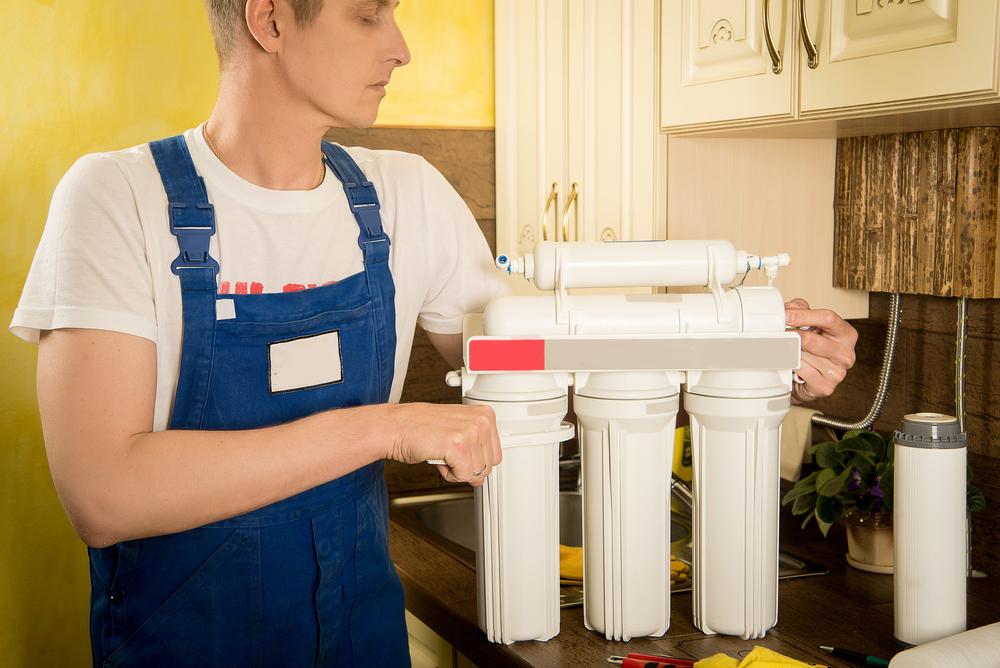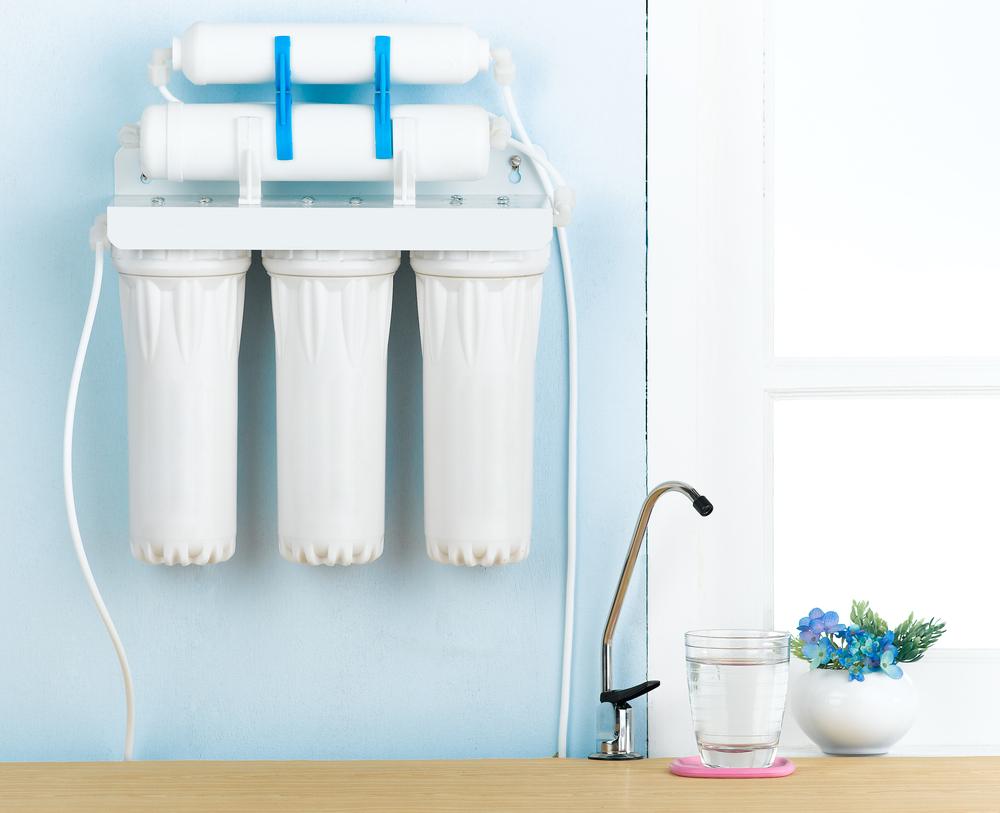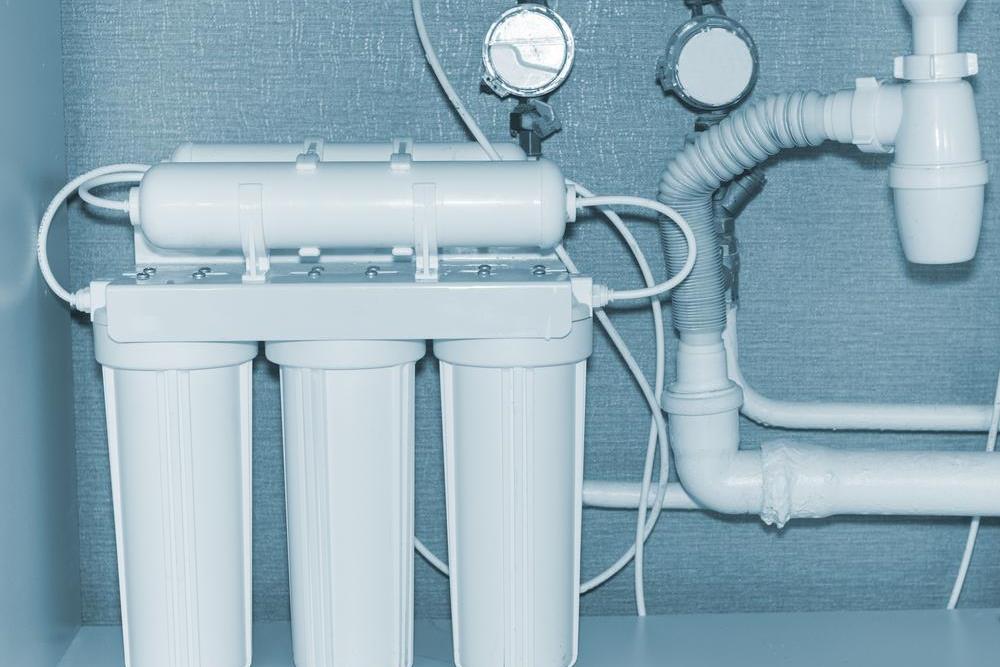Advantages of Installing Water Softening Systems
Discover the benefits of water softener systems, including improved appliance longevity, better skin and hair health, cost savings, and more. Learn how these systems work, their advantages over hard water, and tips for choosing the right one for your needs. Upgrading to a water softener can enhance your household's efficiency and protect plumbing over time, making it a smart investment for many homes.
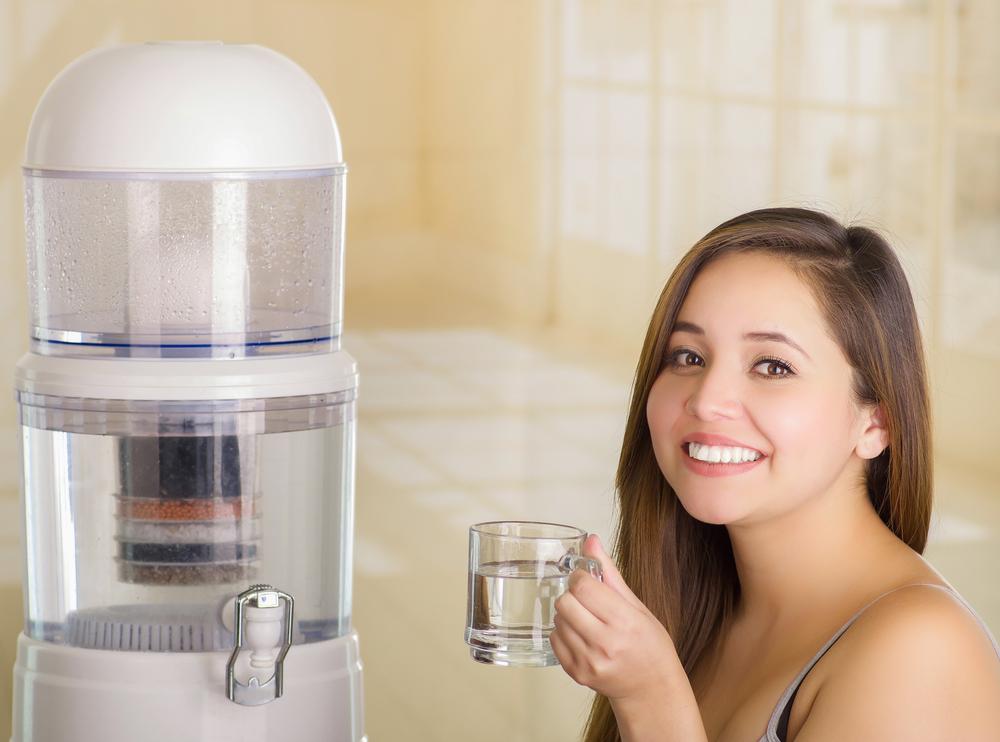
Advantages of Installing Water Softening Systems
Many residential areas experience hard water that can negatively impact skin, hair, and household appliances. Hard water is also known to cause pipe blockages and deterioration over time.
For regions lacking naturally soft water, investing in an effective water softener system is a wise choice. The market offers various types of softeners suitable for different needs and budgets.
Understanding how a water softener works is essential.
Most traditional water softeners replace mineral ions in water with sodium, resulting in slightly salty water. These systems operate with two tanks—one containing resin beads and another with salt and brine. Resin beads attract calcium and magnesium, swapping them for sodium.
Here are notable benefits of softened water from these systems compared to untreated hard water:
Softened water prevents mineral buildup, avoiding scale formation over time.
It is gentler on skin and hair, preventing dryness and long-term damage.
Cleaning surfaces becomes more effective and surfaces stay shinier with soft water.
Clothing washed in soft water retains color and brightness, with detergents working more efficiently.
Appliances like coffee makers, washing machines, and dishwashers last longer, thanks to reduced scale.
Using soft water minimizes costly repairs caused by plumbing and appliance damage.
Soft water heats faster and more efficiently, saving energy and reducing utility bills.
Bathing and cleaning are easier, with less soap scum formation.
Note that consumption of softened water may not be suitable for those on low-sodium diets, as the process replaces minerals with sodium.
Before purchasing a water softener, determine your water’s hardness. Many providers offer testing services, or you can use DIY testing kits available in stores.

